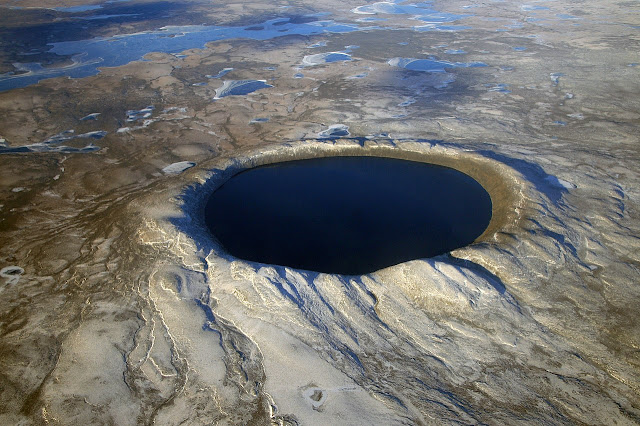By Bundesarchiv, Bild 101I-219-0553A-36 / Koch / CC-BY-SA 3.0, CC BY-SA 3.0 de, https://commons.wikimedia.org/w/index.php?curid=5410458. German (probably SS) soldier examining destroyed T-34 at Prokorovka.
The II SS Panzer Korps and Red Army 5th Guards Tank Army fought a protracted engagement at Prokhorovka resulting in large numbers of German and Red Army tanks fighting each other over a four-day period. The first day was critical, although the details are murky, something that's common for the Battle of Kursk.
German armor numbers vary from 240 some tanks to 900 some tanks, that latter number being very unlikely. Over 600 tanks were deployed by the Red Army. It was a Red Army counterattack, not a German assault. AT the end of the day, German forces still held a critical topographic feature, Hill 252.2. The Germans had advanced on neighboring terrain. July 12, and the following few days, resulted in a German tactical defensive victory in the engagement, upsetting Stalin, who briefly considered making command changes as a result. Having said that, the battle served to arrest German advances in the area, and it resulted in huge German armor losses, as well as Soviet ones. The Soviets could afford to lose more tanks. Havintg said that, Germans, on this day, lost somewhere between 40 and 80 tanks, and the Soviets probably around 300 to 400 tanks. German manpower losses of all types were around 800, whereas the Soviets were over 5,000.
The battle is one of the largest tank engagements in history. It is also unfortunately shrouded in myth and suffers from having been fought between two dictatorial regimes, making it difficult to really know what actually occured in the battle. This is particularly true with the Red Army, which did not tend to exhibit candor about its battlefield losses.
Of some interest, this particular battle featured three well equipped SS armor divisions whereas in Sicily the Germans presently had one armored division and one Panzergrandier division, both of which were good. Of course, the primary Axis force at this time in Sicily was Italian, consisting of 200,000 Italian troops, although the Germans would soon commit additional forces.
Canadian troops on this day, in Sicily.
The Axis scored another tactical victory in the Battle of Kolombangara off of the island of that name when the Imperial Japanese Navy sank the USS Gwin, but lost the Japanese cruiser Jintsū, the only Japanese loss.
USS St. Louis (CL-49) and HMNZS Leander (75) firing during the Battle of Kolombangara
The Japanese were "running the slot" to resupply their ground forces, and at this stage of the war were superior at nocturnal naval engagements.
The United States Army Pharmacy Corps was established.





















_and_HMNZS_Leander_firing_during_the_Battle_of_Kolombangara,_13_July_1943_(80-G-342763).jpg)

.jpg)













